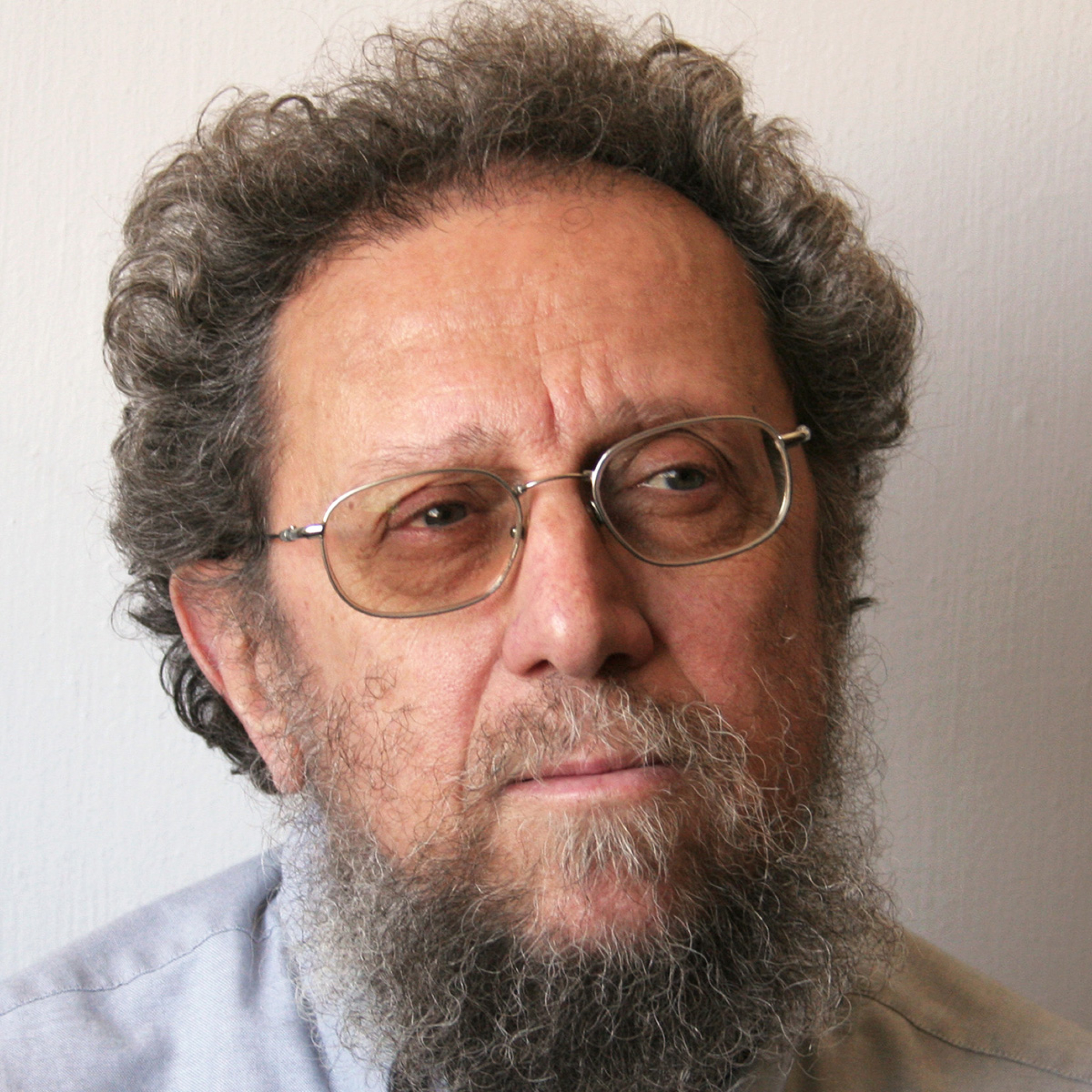Testimonies in Responsa and What They Tell Us about the Development of Spoken Yiddish

|
Yiddish Civilization Lecture Series
Admission: Free |
Moshe Taube | Delivered in Yiddish.
Since the 15th century, many testimonies in "Loshn Ashkenaz" (which may refer both to Yiddish and to German) have been preserved in responsa (rabbinic pronouncements on matters of Jewish law written in response to questions asked of halakhic authorities). The testimonies appear in the rabbinical court records, otherwise written in Hebrew, and are quoted inside the halakhic question. Although the testimonies themselves begin and end with Hebrew abbreviations that frame the quotations (functioning like the English terms quote, unquote), they contain many words of Loshn-koydesh (Hebrew/Aramaic) origin such as kale, milkhome, khasene, efsher from everyday Yiddish usage ("Merged Hebrew"), but much material from "Whole Hebrew" as well.
On the phonetic level, not much is to be learned about the pronunciation of the words in the testimonies since their spelling is not consistent and, furthermore, because Hebrew script is underspecified in many regards, often not reflecting the distinction between many sounds, especially vowels and diphthongs. The domains where we may learn the most from these testimonies about the development of spoken and written Yiddish are syntax, morphology, and the lexicon. Many phenomena thought to belong to Early Modern Yiddish (18th century onward) are attested in 17th century testimonies and thus appear to be at least one century older.
גבֿית־עדותן אין שאלות־ותּשובֿות און וואָס מע קאָן זיך פֿון זיי אָפּלערנען וועגן דער אַנטוויקלונג פֿון גערעדטן ייִדיש
זינט דעם 15טן יאָרהונדערט האָבן זיך אָפּגעהיטן אין רבנישע שאלות־ותּשובֿות אַ סך גבֿית־עדותן אויף „לשון־אַשכּנז“ (װאָס דערמיט קען געמיינט זײַן אי ייִדיש אי דײַטש). די גבֿית-עדותן זײַנען ציטירט אינעם בית־דין־פּראָטאָקאָל אויף לשון־קודש און װערן געברענגט אין דער שאלה. און כאָטש דער גבֿית־עדות גופֿא הייבט זיך אָן מיטן ראָשי־תּיבֿות וז״ל (‘וזה לשונו’) און ענדיקט זיך מיטן ראָשי־תּיבֿות עכּ״ל (עד כּאַן לשונו), זענען דאָרט פֿאַראַן אַ סך לשון־קודש־ווערטער, און ניט נאָר אַזעלכע ווי כּלה, מלחמה, חתונה, אפֿשר וועלכע מע באַניצט אין טאָג־טעגלעכן ייִדיש, נאָר אויך אַזעלכע װאָס זענען „לשון־קודש ממש.“
אויפֿן געביט פֿון פֿאָנעטיק לאָזט זיך קיין סך ניט אַרויסדרינגען וועגן אַרויסרעד, ווײַל דער אויסלייג איז ניט אויסגעהאַלטן, װי אויך דערפֿאַר וואָס אין אונדזער אַלף־בית איז אָפֿט אוממעגלעך אונטערצושיידן פֿאַרשידענע קלאַנגען, ספּעציעל וואָקאַלן און דיפֿטאָנגען. דאָס הויפּטגעביט וואָס לאָזט אונדז צום מערסטן אָפּלערנען וועגן דער אַנטוויקלונג פֿון ייִדיש איז דער סינטאַקס. אַ סך דערשײַנונגען וואָס מע האַלט פֿאַר שפּעטערע, למשל די דיסקורסיװע שטעלונג פֿון קאָניוגירטן װערב בײַם סאַמע אָנהייב פֿון דערציילזאַץ, געפֿינט זיך אין גבֿית-עדותן שוין פֿון 17טן יאָרהונדערט אָן.
About the Speaker
Moshe Taube is Professor Emeritus of Linguistics and Slavic Studies at The Hebrew University of Jerusalem. His research focuses on two main domains: syntax of modern Yiddish and philology of medieval translations from Hebrew. He taught in the two departments numerous courses on both topics, as well as courses on general linguistics. He served as head of the Department of Linguistics and as Head of the Institute of General Humanities. He is the author of The Logika of the Judaizers: A Fifteenth-Century Ruthenian Translation from Hebrew (2016) and The Cultural Legacy of the Pre-Ashkenazic Jews in Eastern Europe (2023). He published numerous articles in both domains, which can be viewed at his Academia page: https://huji.academia.edu/MosheTaube.




